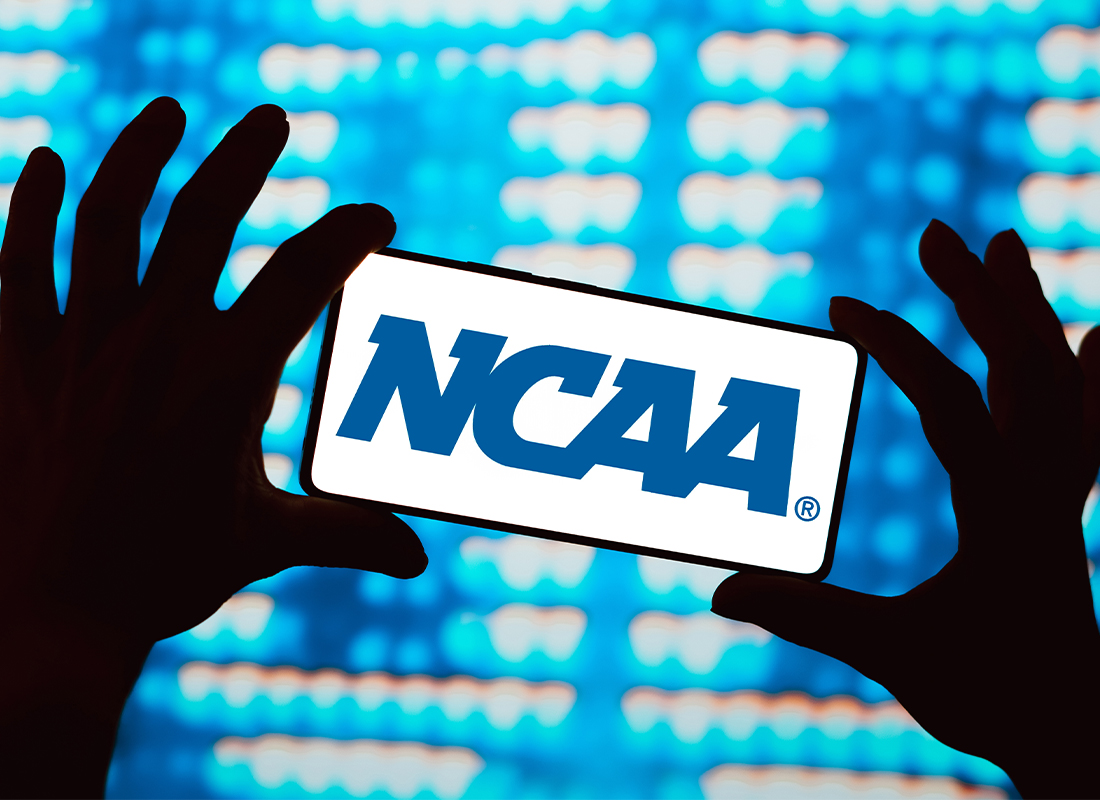IRS Challenges Tax-Exempt Status of NIL Collectives, Shaking the NIL World
Originally published on June 12, 2023
Updated on November 14th, 2024
Donations to name, image, and likeness (NIL) collectives might not be tax deductible, according to a memo released by the Chief Counsel’s office at the Internal Revenue Service (IRS). Written on May 23 and made public on the IRS website, the memo has sent ripples through the college athletics world and the NIL collective space.
The implications of this development could be far-reaching, particularly for the numerous booster-led groups that have been pooling donations to support college athletes through NIL deals. There are over 250 collectives among the 131 FBS schools, many of which have been granted 501(c)(3) status. They’ve received millions in donations from boosters under the assumption that their contributions are tax-deductible.
The IRS has recently raised concerns about the tax-exempt 501(c)(3) model for nonprofit collectives, suggesting that these organizations may be operating outside the law. This is due to the significant benefits they provide to college athletes, which are not incidental to any exempt purpose.
In our previous articles and News & Brews podcasts, we’ve anticipated the tax-exempt status of NIL collectives would likely come under scrutiny by lawmakers and the IRS. This indeed seems to be happening now. In addition to the IRS’s actions, bipartisan legislation has been introduced by Sens. Ben Cardin (D-Maryland) and John Thune (R-South Dakota) to disallow tax deductions for NIL contributions.
Despite the IRS’s approval of 501(c)(3) nonprofit status for these collectives, industry insiders have been cautioning for over a year that the government body would likely scrutinize and potentially halt tax deductions for NIL-related donations. Jason Belzer, co-founder of Student Athlete NIL, has been one of the most vocal critics of nonprofit collectives, arguing that many of them are exploiting the system for tax benefits.
The IRS memo, penned by Lynne A. Camillo, deputy associate chief counsel overseeing exempt organization and employment taxes, addresses whether paid NIL opportunities for collegiate student-athletes further an exempt purpose under section 501(c)(3). The memo concludes that many organizations developing paid NIL opportunities for student-athletes are not tax exempt, because the private benefits they provide to student-athletes are not incidental to any exempt purpose.
The future implications of this ruling are uncertain. Nonprofit collectives may cease offering tax-deductible donations and likely will need to reorganize their business model. The college sports world’s response has been varied, with some nonprofit collective executives awaiting further information or legal advice. However, many operating for-profit collectives had anticipated such a ruling from the IRS.
This development underscores the complex and evolving nature of NIL collectives and their role in college athletics. As the IRS continues to scrutinize these organizations, and with the potential legislative changes on the horizon, the landscape of NIL funding may undergo significant changes.
You can read the IRS memo here. We also recommend you consult with your collegiate athletics and higher education CPAs. They’ll help you stay in compliance with the IRS and keep you informed on breaking developments.
All content provided in this article is for informational purposes only. Matters discussed in this article are subject to change. For up-to-date information on this subject please contact a James Moore professional. James Moore will not be held responsible for any claim, loss, damage or inconvenience caused as a result of any information within these pages or any information accessed through this site.
Other Posts You Might Like

